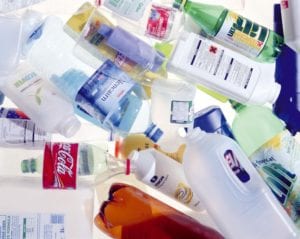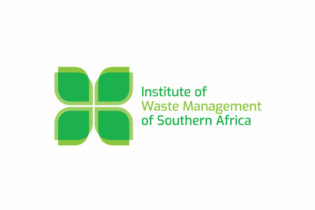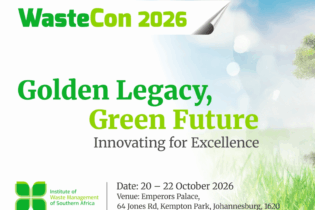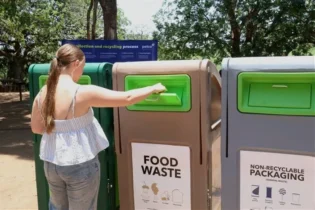Plastics SA has taken a bold stance in the midst of worldwide calls to ban and reduce plastics: waging war on plastic is not the answer. Instead, the time has come to start waging war on plastic pollution, says Anton Hanekom, executive director of Plastics SA.
“To win the war on plastic pollution, every role-player in the plastics industry needs to confront some hard truths. This includes us as the producers of plastics, but it also includes government and consumers,” he says. According to Hanekom, plastic is one of the most environmentally friendly products available, if disposed of correctly. He argues that, when used in consumer goods, plastic uses four times less energy than alternative materials such as metal, paper and glass. In fact, alternatives to plastic packaging would nearly double greenhouse gas emissions. The solution to plastic pollution can therefore be found in the correct disposal and management of plastic waste, rather than a ban on plastic.Making bold changes
“From our side, we are willing to make bold and constructive changes to our products. As members of the South African Initiative – an alliance of key members of the full packaging value chain – we are committed to transforming all our products to make them more environmentally friendly and recyclable,” explains Hanekom. “We will also prioritise new scalable technologies within the industry that not only make recycling and recovering plastics easier, but also enable the creation of value from all plastics once they have been used.” However, for this to be successful, a close partnership with government is needed. Hanekom is encouraged by the fact that government is prepared to have tough conversations regarding the challenges ahead. The Department of Environmental Affairs, for example, recently admitted in Parliament that it had failed to develop competent waste management facilities, let alone recycling infrastructure.“The consequences of our weak waste management infrastructure are not only visible in our rivers and oceans, but also cost the country hundreds of millions of rand when municipalities have to clean up illegal dumping sites.
“We need government to urgently fix South Africa’s inadequate waste management facilities and improve infrastructure for collection and recycling. In doing so, it can create thousands of new jobs while safeguarding the 100 000 formal and informal jobs that the plastics industry currently provides,” stressed Hanekom.






